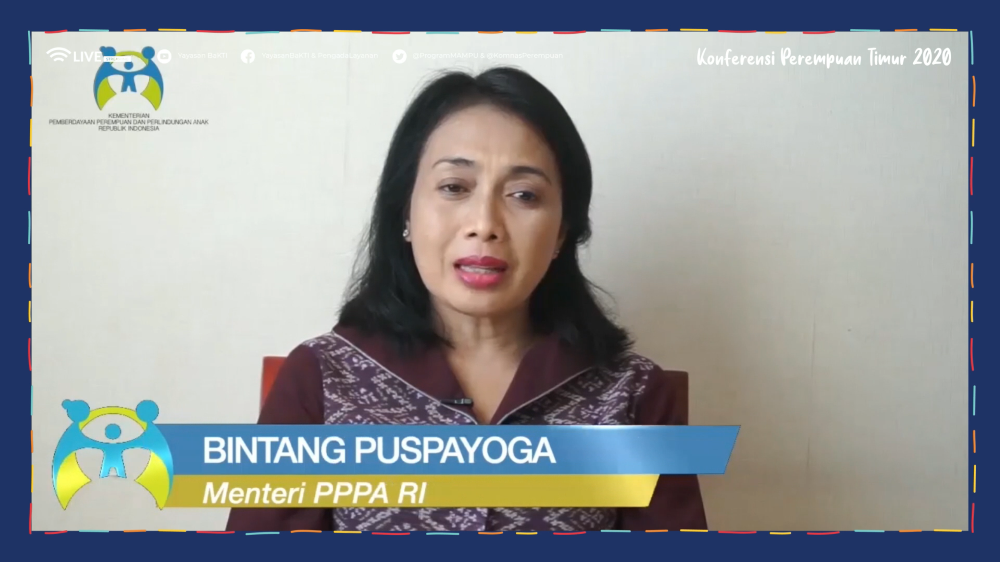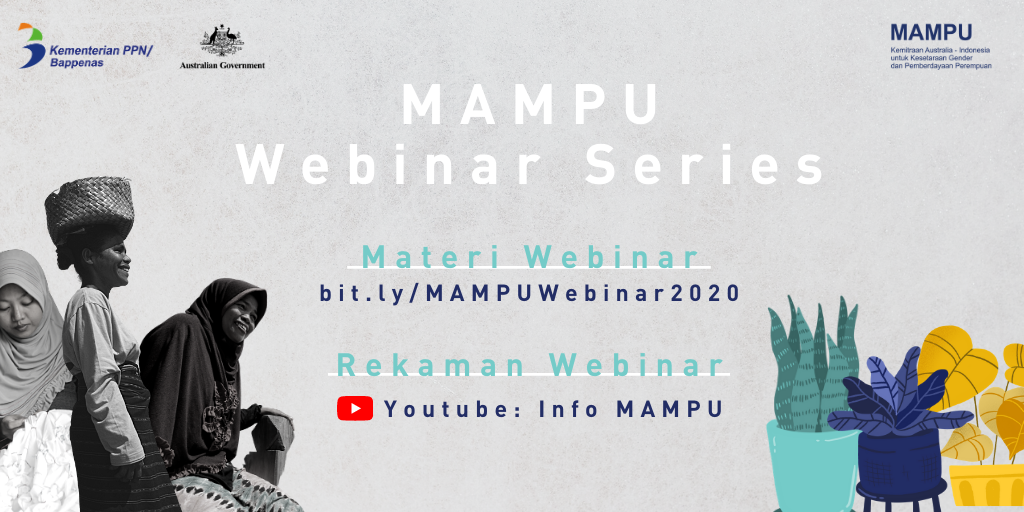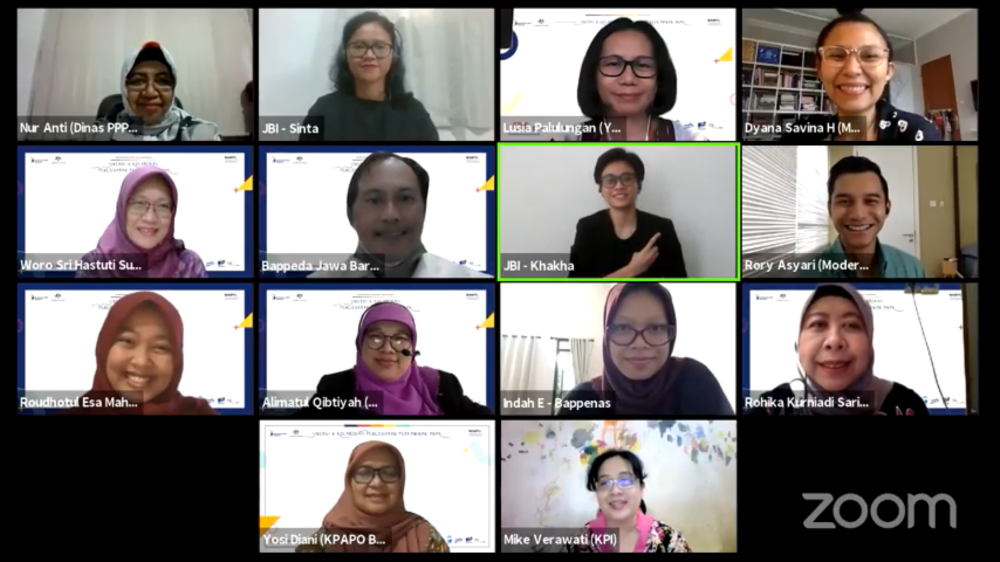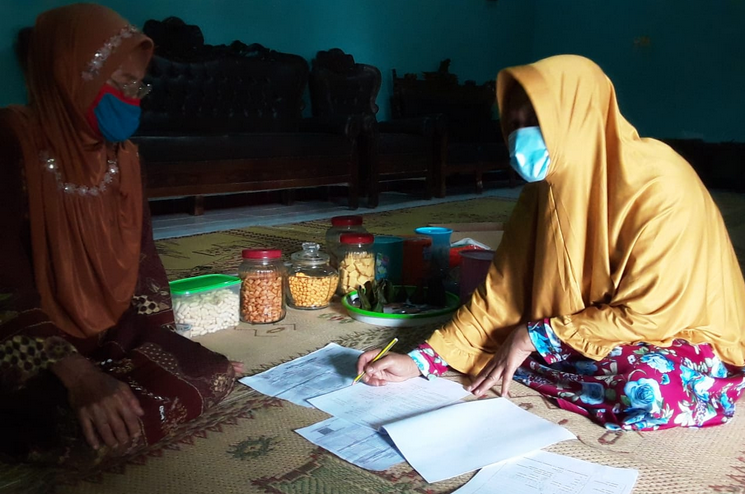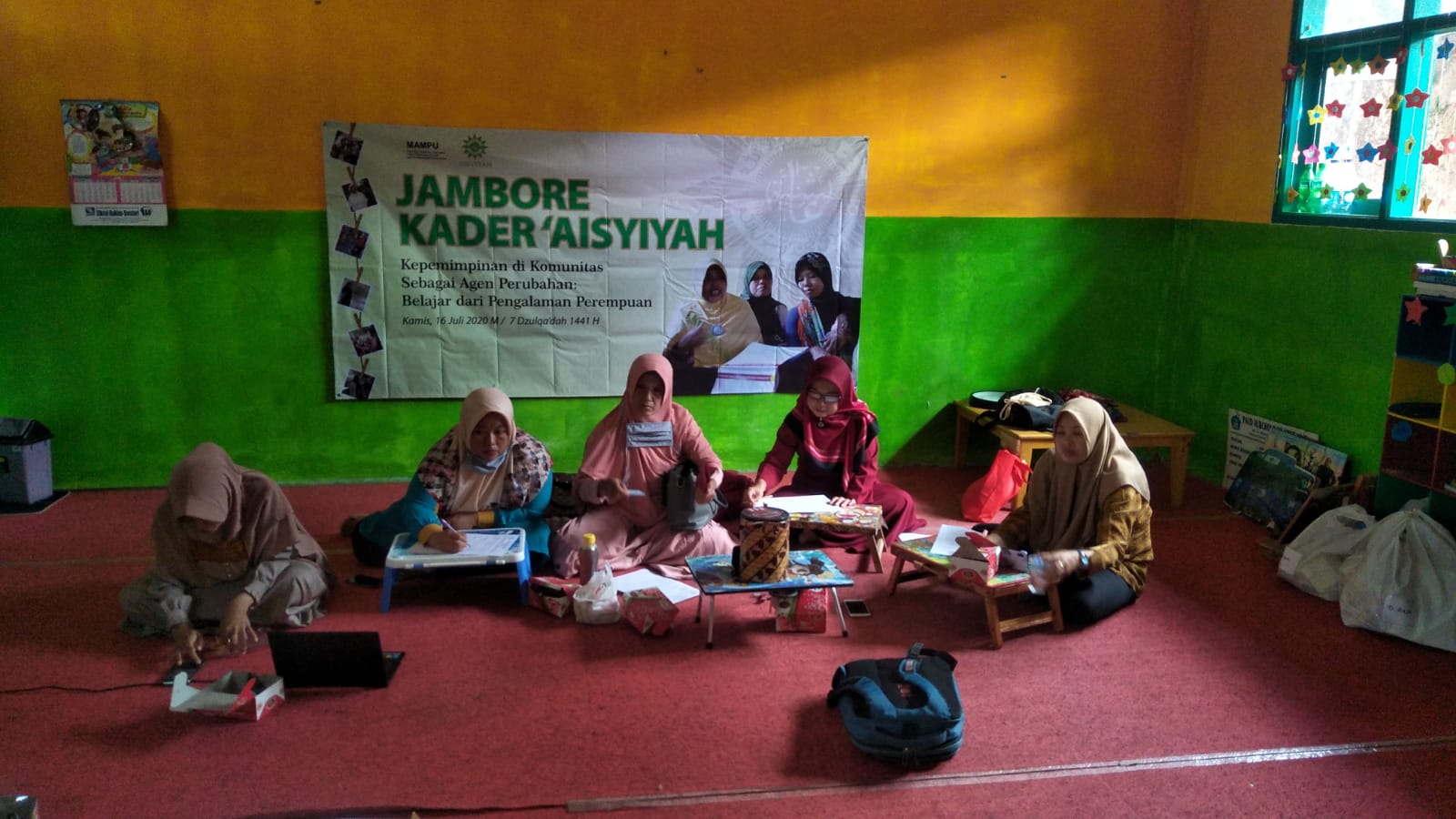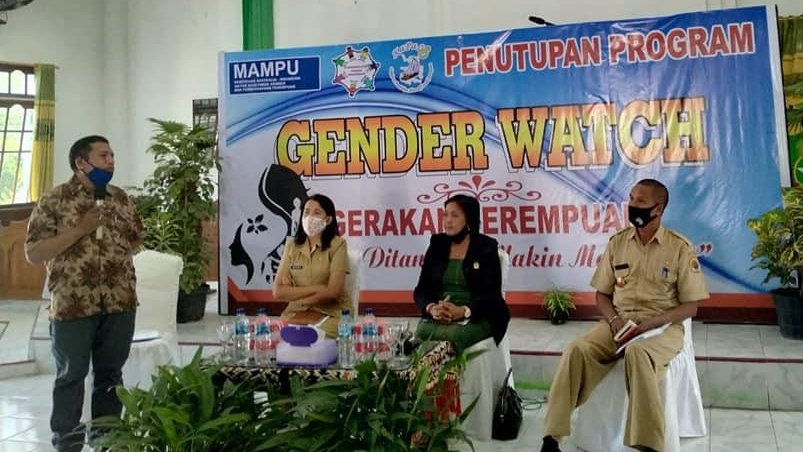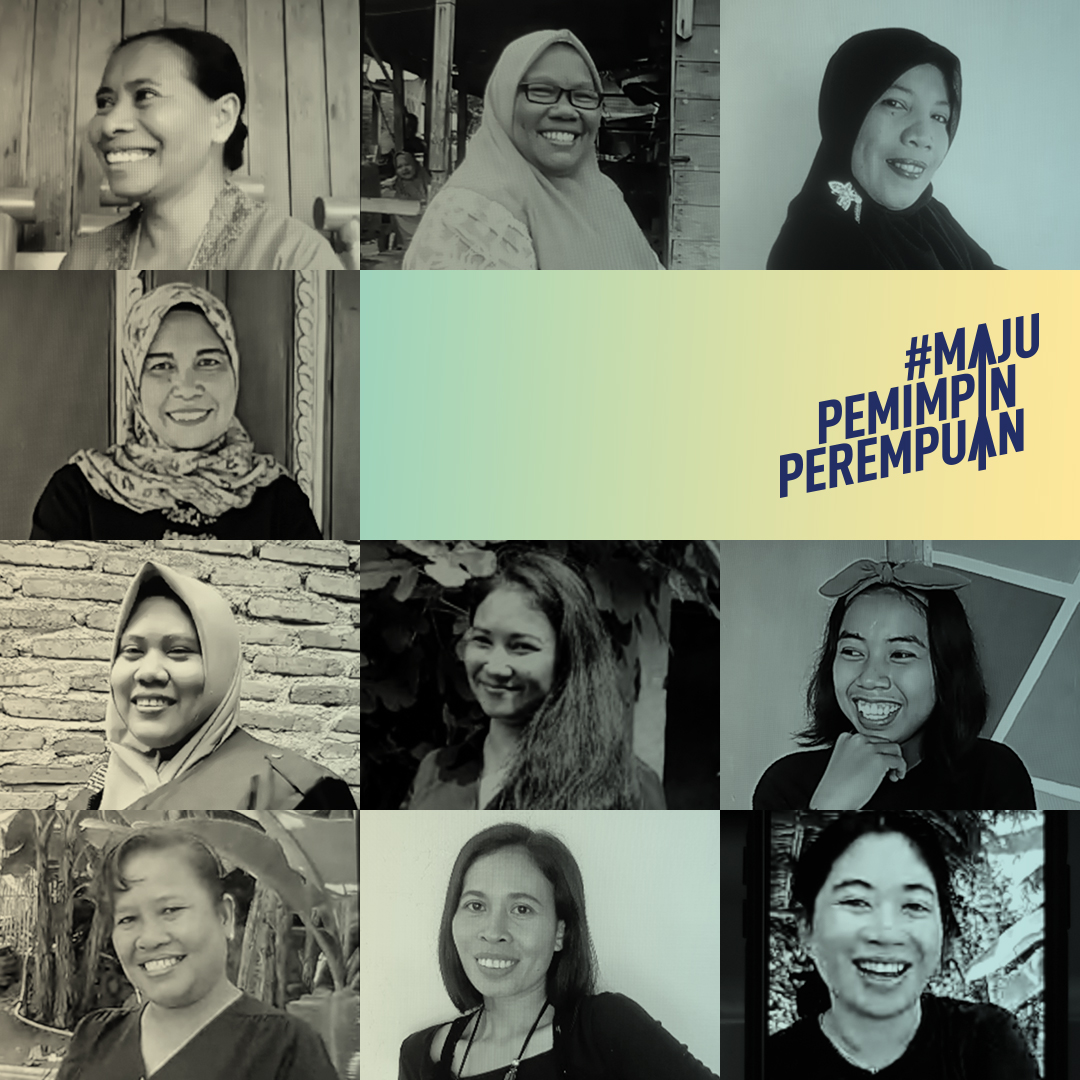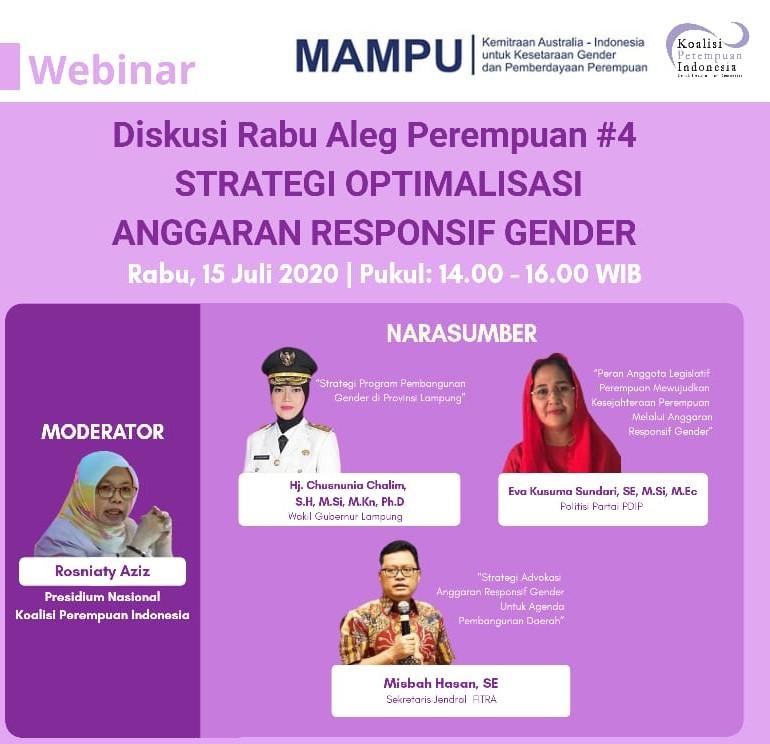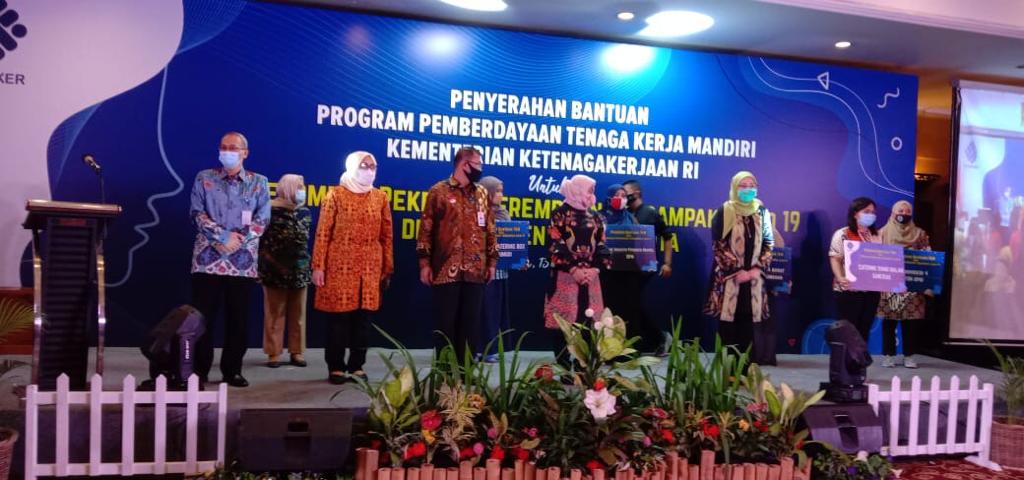Event
MAMPU’s Brown Bag Lunch Discusses Women’s Access to Quality Healthcare
26 July 2019Author: Amron Hamdi

The monthly MAMPU Brown Bag Lunch (BBL) discussion held on 17 June focused on the challenges of increasing access to and the quality of National Health Insurance (JKN) for women in Indonesia. “To improve health outcomes in the community, we need a comprehensive understanding of health problems, and the burden of diseases,” explained Tety Rachmawati, a researcher from the Health Ministry’s Health Research and Development Agency (Litbangkes).
The agency’s 2017 study demonstrates that increasing life expectancy for women in Indonesia does not necessarily mean a good quality of life. Meanwhile, the highest burden of diseases for women include non-communicable diseases (cardiovascular, stroke, diabetes), neoplasm (breast cancer, cervical cancer, ovary cancer, and lung cancer), reproductive health, and nutrition.
The discussion about JKN also focused on funding. Ascobat Gani, Professor at the University of Indonesia’s Health Faculty,
underlined that the scheme’s current funding is inadequate. According to Gani, this is due to the insurance premiums being too low compared to the comprehensive benefits that participants receive. Also, more funding is allocated to treating patients, rather than to disease prevention and health promotion efforts.
“Our funds are being depleted for ‘purifying the troubled water at the downstream’. Meanwhile, many diseases are preventable, starting from changing our behaviours. Primary healthcare facilities (Puskesmas) also have to be strengthened,” reminded Ascobat.
The challenges on strengthening the services of JKN, especially on women’s health, were also highlighted by the Advocacy Coordinator of BPJS Watch Timboel Siregar.
For example, Timboel pointed out that some hospitals would direct pregnant women to have caesarean sections, effectively treating expectant mothers as business objects. On the other hand, President Regulation No.82 of 2018 states that the scheme does not cover victims of abuse, sexual violence, terrorism and trafficking in persons. Unfortunately, it is women who most often experience such cases.
“JKN will never be perfect, but it already delivers benefits. Decrease of benefits will only make it counterproductive,” concluded Timboel.




